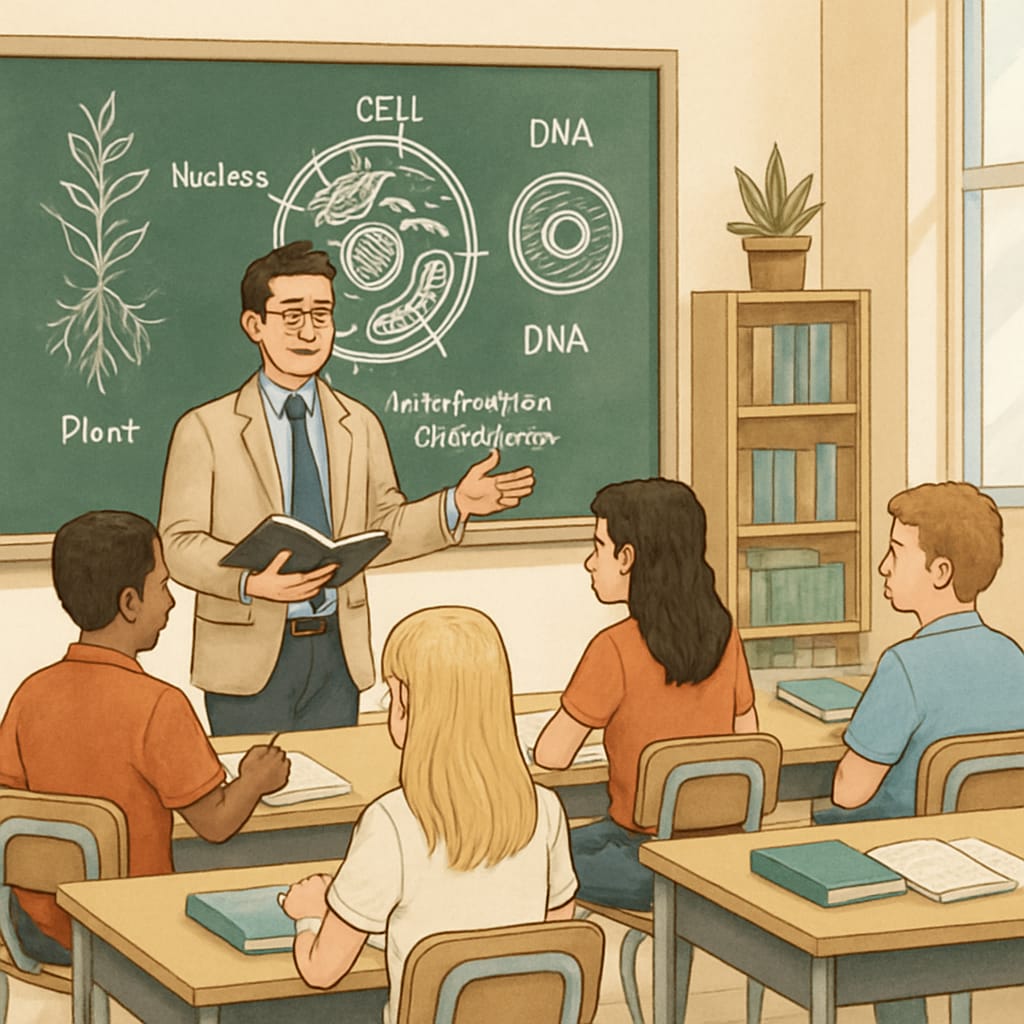The transition from biology to education master’s programs represents a significant but increasingly popular career path for biology graduates. Combining scientific expertise with a passion for teaching, this shift offers unique opportunities to contribute to education while leveraging STEM knowledge. In this article, we explore the feasibility of such a transition, discuss the advantages of interdisciplinary skills, and provide actionable guidance for those considering this career change.
Why Biology Graduates Are Well-Suited to Education Master’s Programs
Biology graduates bring a wealth of knowledge that can enrich the education sector. Their understanding of scientific concepts, research methodologies, and analytical problem-solving skills can be invaluable in creating engaging and effective learning experiences for students. STEM teachers, especially in biology, are in high demand due to the global push for science literacy and innovation.
Moreover, biology students often develop transferable skills during their studies, such as critical thinking, teamwork, and communication. These abilities align closely with the requirements of teaching roles, making the transition smoother than it initially appears.

Benefits of Pursuing an Education Master’s with a Biology Background
The advantages of pursuing an education master’s degree as a biology graduate are multifaceted:
- High demand for STEM educators: Schools often struggle to find qualified science teachers, creating job opportunities for biology graduates.
- Interdisciplinary expertise: Combining biological sciences with teaching methodology allows for innovative curriculum design and impactful teaching.
- Flexible career options: Graduates can work in schools, educational nonprofits, curriculum development, or even science outreach programs.
As a result, this career path not only provides job stability but also enables individuals to make a meaningful impact by cultivating the next generation of scientists and thinkers.
Challenges and How to Overcome Them
Despite its advantages, transitioning from biology to education master’s programs may come with challenges, including:
- Lack of teaching experience: Biology graduates may feel unprepared for classroom management and lesson planning.
- Certification requirements: Many regions require additional teaching credentials beyond a master’s degree.
- Adjusting to a new professional culture: The education sector operates differently from research-focused environments.
To overcome these hurdles, aspiring educators can seek volunteer opportunities, such as tutoring or mentoring students, to gain hands-on experience. Additionally, researching certification requirements early and networking with professionals in the education field can provide valuable insights and resources.
Practical Steps for Transitioning to an Education Master’s Program
If you’re considering this career change, here are some actionable steps:
- Research programs: Look for education master’s programs that specialize in STEM or science education.
- Gain experience: Volunteer at schools, join tutoring initiatives, or participate in science outreach programs.
- Network: Connect with educators and program alumni to understand the challenges and opportunities in the field.
- Prepare financially: Investigate scholarships or grants for STEM professionals transitioning to teaching.
By following these steps, biology students can confidently embark on a rewarding journey into education, fully equipped with the skills and resources needed to succeed.

The Future of STEM Education: A Growing Opportunity
As the emphasis on STEM education continues to grow, biology graduates who transition to teaching roles will play a critical part in shaping future generations. Their unique combination of scientific knowledge and teaching expertise makes them indispensable in an evolving educational landscape.
For biology students with a passion for teaching and working with children, pursuing an education master’s degree is not only feasible but also deeply fulfilling. By stepping into this interdisciplinary role, they contribute to bridging the gap between science and education, fostering curiosity, and inspiring lifelong learning in their students.
In conclusion: Biology graduates possess the skills and mindset to thrive in education master’s programs. With proper planning and dedication, this career transition can lead to impactful and meaningful work in shaping the future of STEM education.


